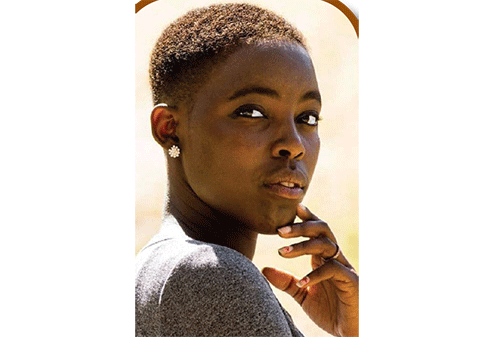For a long time, we have been discussing menstruation, with the narrative largely focusing on advocating for the less-privileged, especially women and girls from rural backgrounds.
The 28th of May marks the International Menstrual Hygiene Day, and reflecting on our progress, there is much to be grateful for, particularly the contributions of Namibian women.
When considering the advocacy efforts of Namibian women regarding menstruation, it is truly commendable. The environment has significantly improved in terms of safety, and there has been considerable destigmatisation. Women can now openly discuss their menstrual cycles without feeling shame.
This openness has greatly enhanced the vocabulary around menstruation, allowing women to share their experiences freely without fear of societal judgment. Consequently, this has created opportunities for education and meaningful conversations about menstruation.
Historically, menstruation was a hidden topic in most households. Growing up, nobody in my house needed to know, or even suspect, that I was on my period. During that time, expressing symptoms was not considered; severe cramps and discomfort were overlooked, and women were expected to complete their chores, regardless of their condition.
However, in recent times, even in traditional households, there is a growing recognition of the discomfort women experience. Many men have become more open to discussing menstruation and listening to women without dismissing their symptoms as excuses. Many men are now more comfortable buying sanitary items for their partners, friends and relatives, thanks to advocacy efforts and the opportunity to unlearn old stigmas.
This progress extends into workplaces as well. Women have destigmatised periods to the extent that male co-workers no longer make insensitive comments about “that time of the month”. Instead, they engage in supportive conversations and show understanding towards female colleagues who might be on their period.
While celebrating those who have unlearned old stigmas, I also want to thank the women who always carry an extra pad or tampon for a sister in need. Many of us have both offered and received this kind of support. Additionally, I want to express my sympathy for my sisters in Palestine, Sudan and the Congo, who face even greater challenges.
We are still far from completely eradicating period poverty. However, by continuing to talk about and advocate menstrual hygiene, we can make a difference, one pad at a time. The journey towards achieving menstrual equity is ongoing, but with persistent effort and solidarity, we can help more women and girls lead dignified lives.
**Frieda Mukufa’s lifestyle section concentrates on women-related issues and parenting bi-weekly in New Era newspaper. She also specialises in editing research proposals, proofreading as well as content-reation. – etuholefrieda@gmail.com



